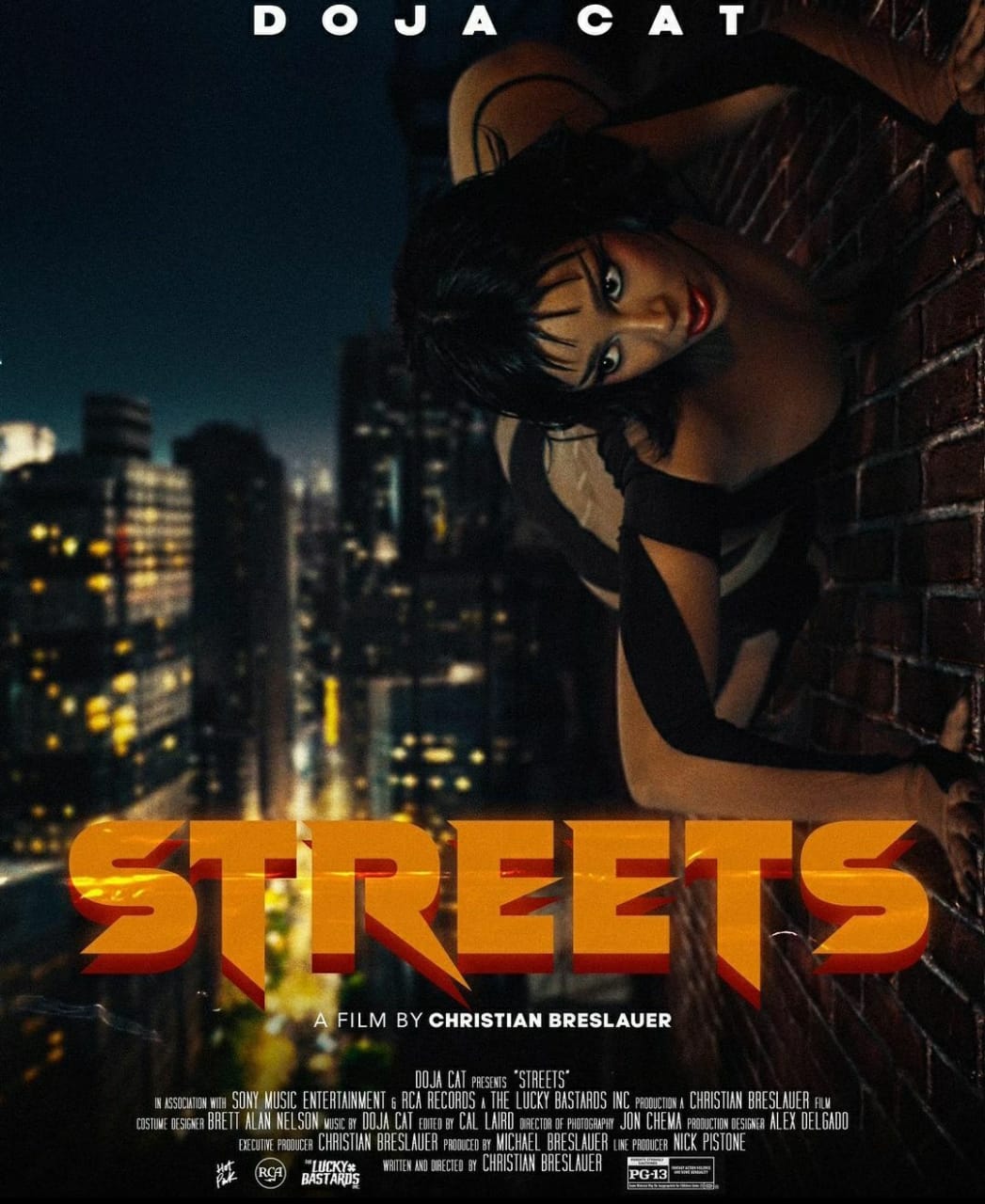Music videos can be such specific documents of their time that some age like milk just as often as others do like fine wine. So when we updated our list of the 100 Greatest Music Videos of All Time last month, we were especially discerning about which videos from the last couple of years to include. While clips from the ‘10s comprise nearly a third of that list (second only to the ‘90s and a testament to the medium’s digital-era renaissance), only one video from 2020, the Weekend’s “Blinding Lights,” made the cut.
Also Read: Taylor Swift asks court to ‘Shake It Off’ over copyright suit
Arca, “Prada/Rakata” (Directors: Frederick Heyman and Arca)
The dual video for Arca’s recent reggaeton singles is populated predominantly by the 3D renderings on the album covers for the second through fifth installments of the artist’s Kick album series. While Arca is credited with the video’s “[s]ymbolic gestation” and creative direction, visual artist Frederik Heyman provides digital models of Arca and the objects, machines, and inscrutable forms that surround her through a scanning process called photogrammetry.
Lana Del Rey, “Chemtrails Over the Country Club” (Director: BRTHR)
In the elaborate video “Chemtrails Over the Country Club,” Lana Del Rey wearing her notorious mesh mask drives a vintage Mercedes and laughs by the pool as chemtrails cut across the sky. The video’s quick cuts, collagelike approach to pop symbolism, and film grain mediate the cinematic glamor of videos for songs like “Born to Die” with Del Rey’s longstanding affinity for DIY clips.
Doja Cat, “Streets” (Director: Christian Breslauer)
Just as Doja Cat’s “Say So” spawned a massively popular TikTok dance that ultimately made its way into the song’s music video and live performances, she and director Christian Breslauer drew inspiration from the Silhouette Challenge for her “Streets” music video. In the clip, Paul Anka’s “Put Your Head on My Shoulder” gets chopped and screwed syncs with Doja Cat’s transformation from a beige department store window display into an alluring shadow.
Also Read: Grammy Awards 2022: Jay-Z becomes most nominated artist in history
Japanese Breakfast, “Posing in Bondage” (Director: Michelle Zauner)
The video for Japanese Breakfast’s “Posing in Bondage” plays out like Radiohead’s ”Fake Plastic Trees” if Gregg Araki had been at the helm, with singer Michelle Zauner (who also directed the clip) gliding down the aisles of a desolate, fluorescent-lit convenience store. But while the Radiohead video is an allegory on death and reincarnation, Zauner has simpler, less cerebral concerns in mind: “Posing in Bondage” is about a quest for human connection, which the singer’s character poignantly finds in the store’s cashier (played by Harmony Tividad of the L.A. band Girlpool), who tenderly feeds her noodles and pushes her around in a shopping cart a la Thom Yorke.
Lil Nas X, “Montero (Call Me By Your Name)” (Directors: Tanu Muino and Lil Nas X)
The vibrant, unapologetically gay video for Lil Nas X’s “Montero (Call Me By Your Name)” is rife with profane religious imagery, including a central set piece depicting the 22-year-old rapper/singer riding a stripper pole to hell and performing a lap dance for Satan himself. The title of the song, inspired by Lil Nas’s birth name, symbolizes a garden of Eden where one is free to be who they are, and the accompanying video fearlessly co-opts anti-LGBTQ bigotry and humorously wields it as tool to encourage and empower queer visibility.
Lorde, “Fallen Fruit” (Directors: Joel Kefali and Ella Yelich-O’Connor)
At first, the simple but chillingly executed “Fallen Fruit” feels too literal: when Lorde sings, “We will walk,” she walks. But as she traverses the tropical beach from her “Solar Power” video, the scene alternates between day and night, providing flashes of the idyllic setting’s fiery destruction. As it becomes increasingly clear that this beach stands in for the planet as a whole, Lorde’s facial expression fiercens, channeling the adolescent glare that she wore in 2013’s “Tennis Court.”
Megan Thee Stallion, “Thot Shit” (Director: Aube Perrie)
In which the 26-year-old “WAP” rapper claps back at her white male critics which include Republican House candidate James P. Bradley and professional Twitter troll Ben Shapiro for their abject hypocrisy. The colorful clip mixes camp, body horror, and soft porn to reiterate that age-old chestnut that pussy rules the world.
Mitski, “Working for the Knife” (Director: Zia Anger)
In many ways, “Working for the Knife” feels like a refinement of Mitski’s well-established creative impulses. In the song’s lyrics, she laments that she’s spending the final days of her 20s as a cog in the workforce, expanding on themes that date as far back in her catalog as her 2012 debut. And working alongside director Zia Anger and choreographer Monica Mirabile, she displays the eccentric movements and erratic behaviors that defined the videos for “Your Best American Girl,” “Geyser,” and “Washing Machine Heart.”
Radiohead, “If You Say the Word” (Director: Kasper Häggström)
In the haunting video for Radiohead’s “If You Say the Word,” a group of men and women dressed in business suits are hunted like wild animals. They’re captured and corralled in a livestock trailer, where they’re fed tiny, sad-looking wedges of sandwiches and, eventually, handed briefcases and deposited back into the workforce.
Tyler, the Creator, “Lumberjack” (Director: Wolf Haley)
The video for “Lumberjack” succeeds by mixing disparate images and tones with both wit and confidence. The collapsing of incongruous visual references to twee cinema, fairy tales, high fashion, and hardcore hip-hop reflects the sense of humor that Tyler, the Creator has long been known for, if not his long-softened edge lord tendencies.







